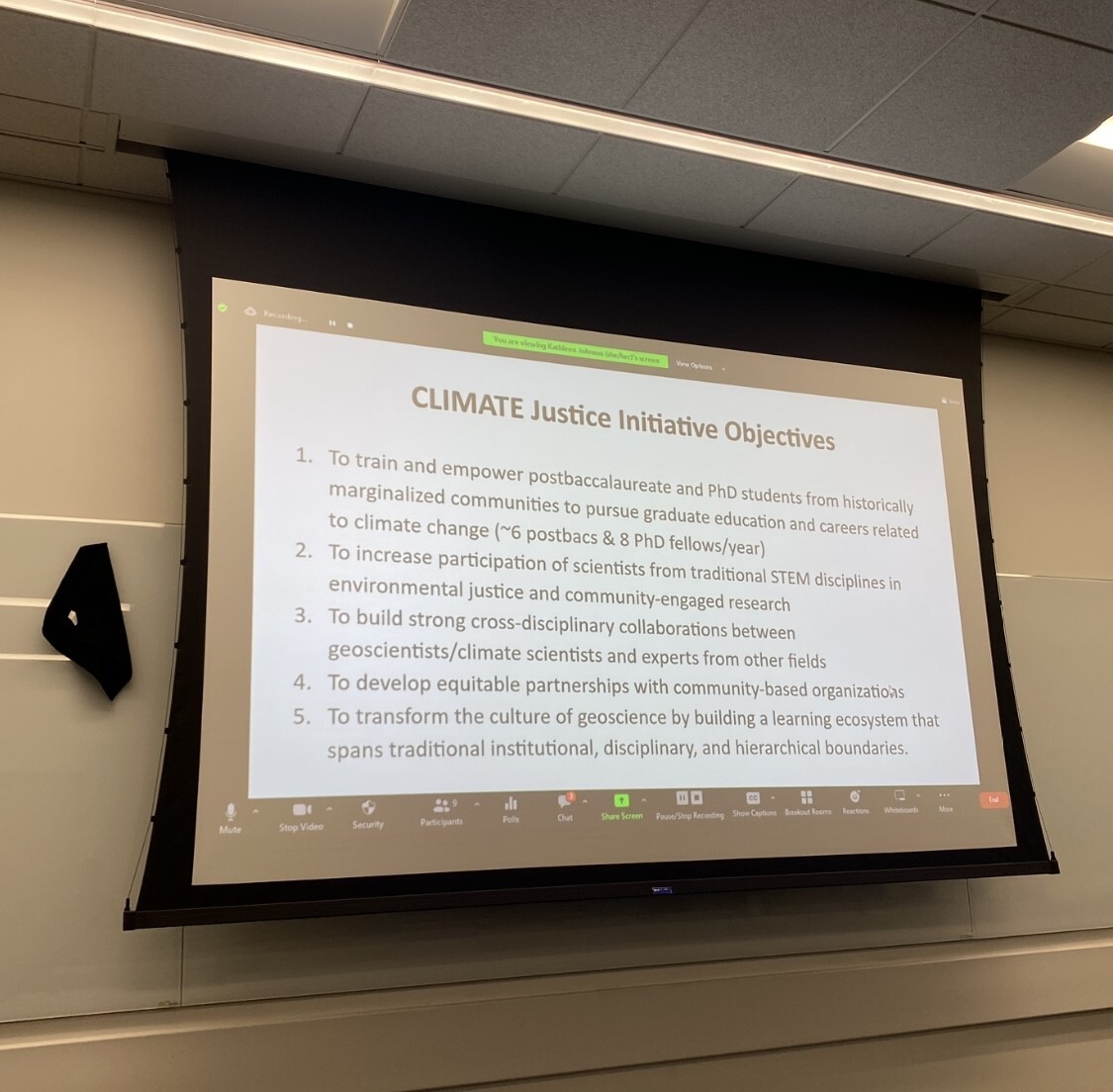For over a quarter century, community-based organizations in Central and Southern California have collected environmental data. For example, a large repository of these data is associated with IVAN networks, reporting platforms where California residents can “Identify Violations Affecting Neighborhoods.” The data include environmental reports – such as reports of leaking oil infrastructure or contaminated water – that are communicated to appropriate regulatory authorities. Reports lead to enforcement and clean-up actions. Communities have also collected extensive air monitoring data, such as particulate matter pollution monitoring and volatile organic compound (VOC) samples. Monitoring is used to educate residents of nearby pollution, to better understand sources of pollution and how resident health is impacted, and to advocate for enhanced mitigation and updates to statutes, rules, and guidances. Together, Central California Environmental Justice Network and other organizations collect a vast array of data from the IVAN reporting networks, air monitoring systems, and community-led science projects. These environmental data serve an immediate purpose, yet additional capacity is needed so that community organizations can search raw data or reports, count the number of reports received, say, for nuisance-associated complaints from specific land uses such as abandoned wells, analyze samples in aggregate, consider the relevance of chemical mixtures, follow trends in data, or work with agencies, the media, and the public to search for and find relevant data so that residents can protect themselves and their families.
Current Projects
CLEANR staff, including Director Gregg Macey, have carried out extensive research in the emergent field of community environmental monitoring. For example, Dr. Macey worked with “bucket brigades,” organized by Denny Larson of Communities for a Better Environment, to conduct community monitoring near hydraulic fracturing sites in five states, research that was cited when New York State’s Department of Health announced a state-wide ban of the practice. CLEANR is proud to work with Central California Environmental Justice Network to advance the next generation of community monitoring. In addition, CLEANR works as part of the CLIMATE Justice Steering Committee to chart university training and workforce development in this critical area of scientific practice. For more information, please contact Dr. Gregg Macey, CLEANR Director.
Related Links:
